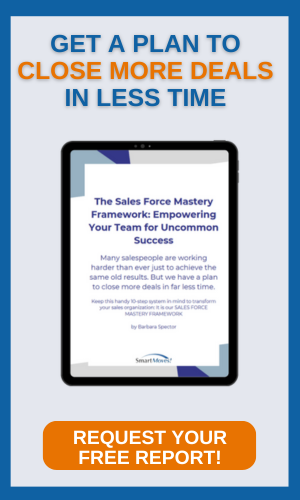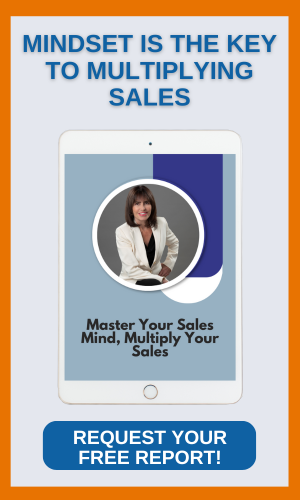
Do big personalities trump quiet people in the hiring process? Learn how to assess candidates more objectively, so you can build a stronger team.
President and CEO, Jobvite@jobvite
Over the course of my professional career, I've learned that the most successful teams are those that balance a healthy mix of skills and personalities. Diversity not only positions us to better understand challenges, but it also equips us with the broad perspective that's often required to conquer them. This is especially true when your team includes both extroverts and introverts, as each have very distinct but critical advantages to offer when it comes to solving problems.
However, there's a hitch: Interviews can inadvertently slant in favor of those who are naturally outgoing. So--if you're trying to achieve a good balance--how can you give introverted folks a fair shot to show their strengths during the hiring process? Likewise, how can you be sure that an extrovert isn't all flash and no substance?
Here are a few guidelines to remember:
Understand the requirements for a position before you interview anyone.
Traditionally, there's a perception that extroverts are better suited for more social, customer-facing positions simply because they like to talk to people. But that's not always the case--so be certain that you know what strengths will best serve a candidate in the role you're trying to fill.
For example, one of the number one tenets of sales is to listen, listen, listen to your prospects, but listening isn't always easy for extroverts. If you're trying to improve your ability to understand customers' pain points, maybe you would benefit from a more introverted person in a sales position--someone who talks less and listens more. In other words, know what you're looking for before determining who you're looking for.
Structure your interview so that you use the time you have to the fullest potential.
When you only have a 30-60 minute interview period, you need to be objective while making every moment count. Go into each meeting with a clear understanding of what you're trying to discover about a candidate, and which questions will help you reveal those facts. And remember: It's your job to set the pace of the conversation and keep it on track. If an extroverted person begins to dominate the conversation, trying to pre-emptively answer the questions they think you might ask, rein them in. Likewise, if an introverted person takes longer to warm up, be patient. You might find they won't offer up the insight you're looking for until you ask the right questions.
Check references earlier in the hiring process.
Most companies wait to check candidate references until they're ready to hire, and they're only seeking validation for ideas they've already formed. But references are like referrals. They're an extremely valuable way of hearing about how a candidate works, what they're good at, whether they like to work quietly, or whether they need frequent team interaction. Why wait for that information? Consider asking applicants if they'll provide names of any connections or colleagues up front, so that you can understand a little more about what makes them tick and, hopefully, conduct a more productive interview. The good news is that references are easy to get in our socially connected world, so this shouldn't lengthen or complicate the process.
Make use of tests and assessments.
These can be helpful in several ways. First, you can use certain tests to measure skill in an unbiased manner. For example, if you're considering someone for a software development position, you might use the site HackerRank, which offers a game-like coding test to rate candidates' coding abilities. Here, there's no advantage earned for being more talkative about your skills in an interview; both types of people get the same opportunity to show their skills in action. This enables a more objective and well-rounded evaluation.
You can also administer DiSC tests that assess people's extroverted and introverted tendencies. These are short tests that have been around for decades, and they're considered highly reliable. These assessments are used not just to identify who the introverts and extroverts are, but so we can all be conscious of that fact. When you're conscious of the type of candidate or employee you're working with, you can be a better interviewer, colleague, and, ultimately, a better manager.
After you hire, remain aware of who's on your team and how they work best.
Being extroverted or introverted affects how you get and use your energy, so if you want people to be as productive as possible, you need to continuously create environments where they will thrive. Introverts might do best working in a private space with few interruptions, whereas extroverts might thrive in meetings and brainstorming sessions.
Finally, when it comes time for group strategy or planning sessions, give everyone a chance to check in before getting down to business. I like to go around the room and ask folks how things are going. Oftentimes, extroverts are more likely to focus their discussions when they have to share the spotlight, while introverts are more likely to jump in and contribute after they've been warmed up. As you know, when you're trying to make critical decisions, it's important to get input from everyone on the team. This is why you strive to hire personality diversity in the first place. Make the most of it.
President and CEO, Jobvite@jobvite





